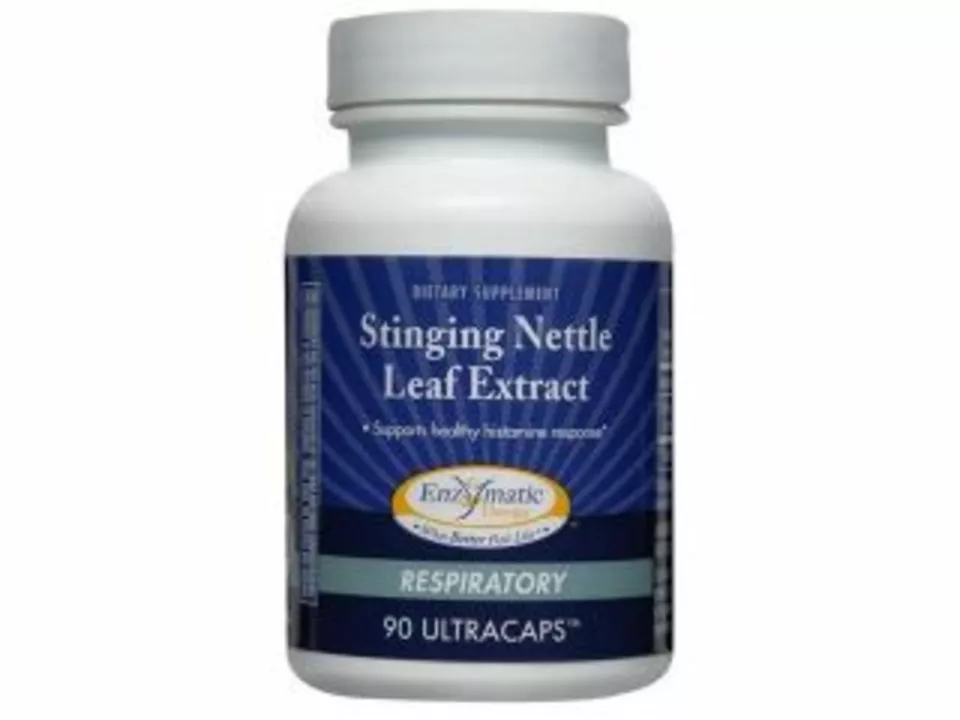Stinging nettle supplements: benefits, dosage, side effects
Stinging nettle (Urtica dioica) is an old herbal player that people still use today. As a supplement it comes in leaf, root, tea, tincture or capsule form. Some folks take it for seasonal allergy symptoms, joint discomfort, or men with mild prostate symptoms—each form has slightly different uses. Here's a clear, no-nonsense guide to what works, what to watch for, and how to choose a quality product.
What people use nettle for and how it works
Leaf extracts are often used for allergy relief and general inflammation. Root extracts are the go-to for benign prostate symptoms and lower urinary tract complaints. The plant contains a mix of compounds—flavonoids, phenols, and minerals—that may reduce inflammatory signals and ease symptoms. That doesn’t mean it fixes the underlying disease, but many users report fewer flare-ups or less discomfort when they use it regularly.
Expect mild benefits over weeks, not overnight miracles. For allergies some people notice improvement in a few days; for prostate or joint support, it can take several weeks of steady use.
Dosage, timing, and practical tips
Commonly used dosages vary by form: dried leaf tea usually uses 1–2 teaspoons steeped, taken 1–3 times daily. Standardized leaf extracts are often 300–600 mg once or twice a day. For root extract (used for prostate support) typical doses are 300–600 mg twice daily. If you try a tincture, follow the label—drops per day can differ by concentration.
Start low and see how you react. Take nettle with food to reduce stomach upset, and give a few weeks to judge benefit. If you want to test allergy relief quickly, use the leaf extract as directed for a week and note symptom changes compared with days without it.
Pick the form to match your goal: leaf for allergies and inflammation, root for prostate/urinary support, tea for general mild use. Capsules and standardized extracts give predictable dosing; teas and tinctures vary more by batch.
Watch for side effects: stomach upset, sweating, mild rash, or headache are the most common. Rarely people have allergic reactions—if your skin itches or you feel short of breath, stop and seek help.
Interactions to know: nettle can affect blood pressure and blood sugar, so be cautious if you take meds for hypertension or diabetes. It may also increase the effects of blood thinners or diuretics. Tell your clinician if you plan to start nettle alongside prescription drugs.
Buying tips: look for products that list Latin name Urtica dioica, show standardized extract amounts, and ideally have third-party testing (USP, NSF, or similar). Avoid bulky marketing claims like "cures" or "instant relief." Store capsules in a cool, dry place and use tea bags within a year for best flavor and potency.
Pregnant or breastfeeding? Skip it unless your provider says otherwise. Same for small children—ask a clinician first.
Want to try it? Start with a trusted brand, low dose, and keep notes on how you feel over 2–6 weeks. That will tell you whether nettle is worth keeping in your routine.
Boost Your Immunity and Energy with Stinging Nettle Dietary Supplements

I recently came across stinging nettle dietary supplements and I've been amazed by their immunity-boosting and energy-enhancing properties. These natural supplements are made from the leaves of the stinging nettle plant and are packed with vitamins, minerals, and antioxidants. Incorporating them into my daily routine has helped me feel more energized and less prone to getting sick. I highly recommend giving stinging nettle supplements a try if you're looking for a natural way to improve your overall health and well-being. Trust me, you won't regret it!
